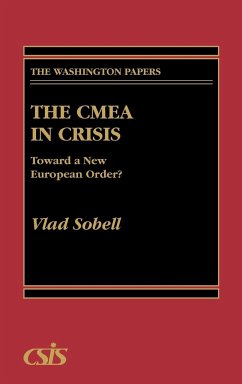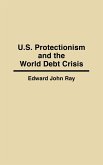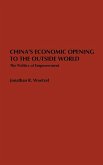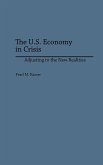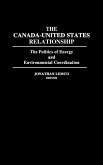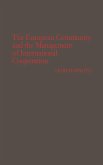This book identifies the essential features of the Soviet bloc's economic nexus: the Council for Mutual Economic Assistance (CMEA), and Gorbachev's reforms. It describes the impact of reforms on the CMEA and speculates on this organization's future. The author links the recent developments within the CMEA with the wide ranging, fundamental changes in the politics and economics of the Soviet bloc. It also examines the connection between the recent upheaval of the Eastern Alliance to the general flux on the entire European continent in anticipation of the post-1992 abolition of internal trade barriers in the European Community. Sobell argues that the predictions of the CMEA's disintegration must be seen in the context of the planned acceleration of West European unification in the 1990s. The EC is poised to become the core of the post Cold-War Europe and will act as a magnet on other European countries, including CMEA members. The CMEA in the age of perestroika, Sobell contends, will continue to maintain its communist facade, but will be a profoundly different organization with increasingly dynamic links with Western Europe.
Bitte wählen Sie Ihr Anliegen aus.
Rechnungen
Retourenschein anfordern
Bestellstatus
Storno

